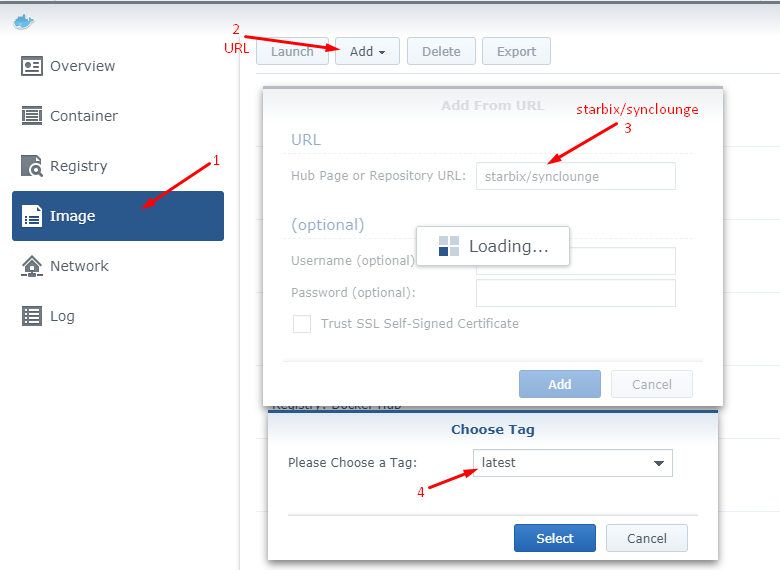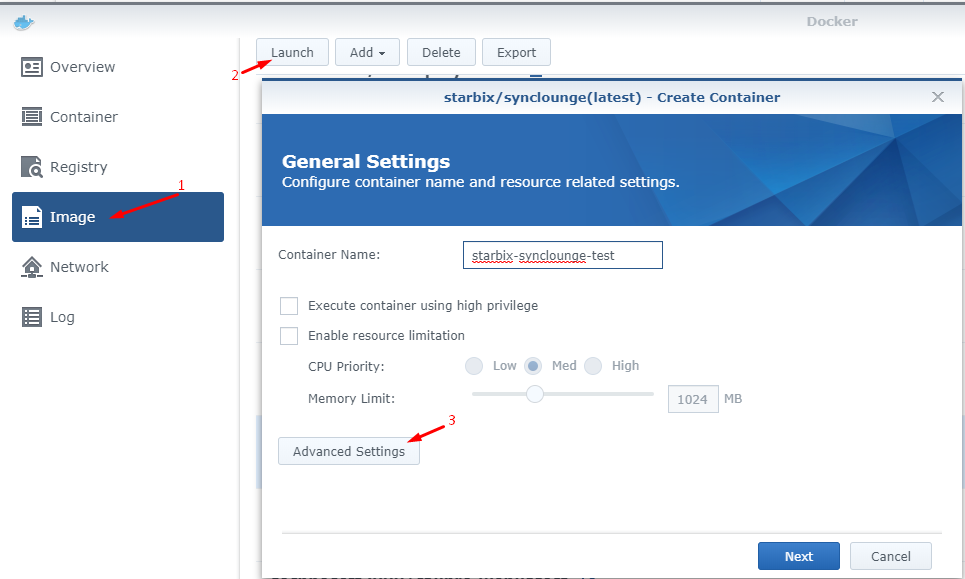Here's how you set up on SyncLounge with Docker (Now with Markdown):
First make sure you got the Docker Hub in your registry:

| <!--XSL style sheet to convert EESCHEMA XML Partlist Format to grouped CSV BOM Format | |
| Copyright (C) 2014, Wolf Walter. | |
| Copyright (C) 2013, Stefan Helmert. | |
| Copyright (C) 2018, Kicad developers. | |
| Copyright (C) 2019, arturo182. | |
| GPL v2. | |
| Functionality: | |
| Generation of JLCPCB PCBA compatible BOM |
Latest Update 2021-03-06 : New image showing the new "Services" in Home Assistant and got some tips from the comments below.
Credits and thanks: Home Assistant Forum users & Github users: @ocso, @wiphye, @teachingbirds, @tboyce1, @simbesh, @JeffLIrion @ff12 @rebmemer @siaox @DiederikvandenB @Thebuz @clapbr @Finsterclown
Starts Youtube App
entity_id: media_player.shield
command: >-
| # checkout, compile & install | |
| git clone https://github.com/facebook/watchman.git | |
| cd watchman/ | |
| git checkout v4.9.0 | |
| sudo apt-get install -y autoconf automake build-essential python-dev libssl-dev libtool | |
| ./autogen.sh | |
| ./configure | |
| make | |
| sudo make install |
| /* Arduino Synth from | |
| https://janostman.wordpress.com/2016/01/15/how-to-build-your-very-own-string-synth/ | |
| */ | |
| #include <avr/interrupt.h> | |
| #include <avr/io.h> | |
| #include <avr/pgmspace.h> | |
| #ifndef cbi | |
| #define cbi(sfr, bit) (_SFR_BYTE(sfr) &= ~_BV(bit)) | |
| #endif | |
| #ifndef sbi |
| // Node-like signature with single callback, returns the XHR | |
| $.xhrcb( url: String, complete: Function( err: Error, xhr: XHR, options: Object ) ): XHR; | |
| $.xhrcb( options: Object, complete: Function( err: Error, xhr: XHR, options: Object ) ): XHR; | |
| // Returns a Promise, throws an error if no Promise or shim | |
| $.xhr( options: Object ): Promise | |
| // See ticket http://bugs.jquery.com/ticket/14509 for `options` | |
| // Thoughts: |
UPDATE working on this here!
so… I've had this weird idea recently...
In git (and in other secure + distributed systems) you have a tree of hashes where each object is identified by it's hash and objects contain pointers to other objects. They just have the hash of other objects stored inside them.
| // Let `doAjax`, `fadeIn`, `fadeOut`, and `delay` be promise-returning functions. | |
| // In all the following examples, `example` is meant to return a promise that is fulfilled when | |
| // all operations are completed, or rejected if any of the steps fail. | |
| // ES5 | |
| function example() { | |
| return doAjax("data.json").then(function (data) { | |
| document.getElementById("data").innerText = data; |
| function toCSV = function(table, cb) { | |
| ;;;;var cmd = spawn('mdb-export', [this.file, table]) | |
| ;;;;cmd.stdout.pipe(concat(function(err, out) { | |
| ;;;;;;;;;;;;if (err) return cb(err) | |
| ;;;;;;;;;;;;if (!out) return cb('no output') | |
| ;;;;;;;;;;;;cb(false, out.toString()) | |
| ;;;;;;;;})) | |
| } |
This document lays out some baseline expectations between conference speakers and conference presenters. The general goal is to maximize the value the conference provides to its attendees and community and to let speakers know what they might reasonably expect from a conference.
We believe that all speakers should reasonably expect these things, not just speakers who are known to draw large crowds, because no one is a rockstar but more people should have the chance to be one. We believe that conferences are better -- and, dare we say, more diverse -- when the people speaking are not just the people who can afford to get themselves there, either because their company paid or they foot the bill themselves. Basically, this isn't a rock show rider, it's some ideas that should help get the voices of lesser known folks heard.
These expectations should serve as a starting point for discussion between speaker and organizer. They are not a list of demands; they are a list of rea


